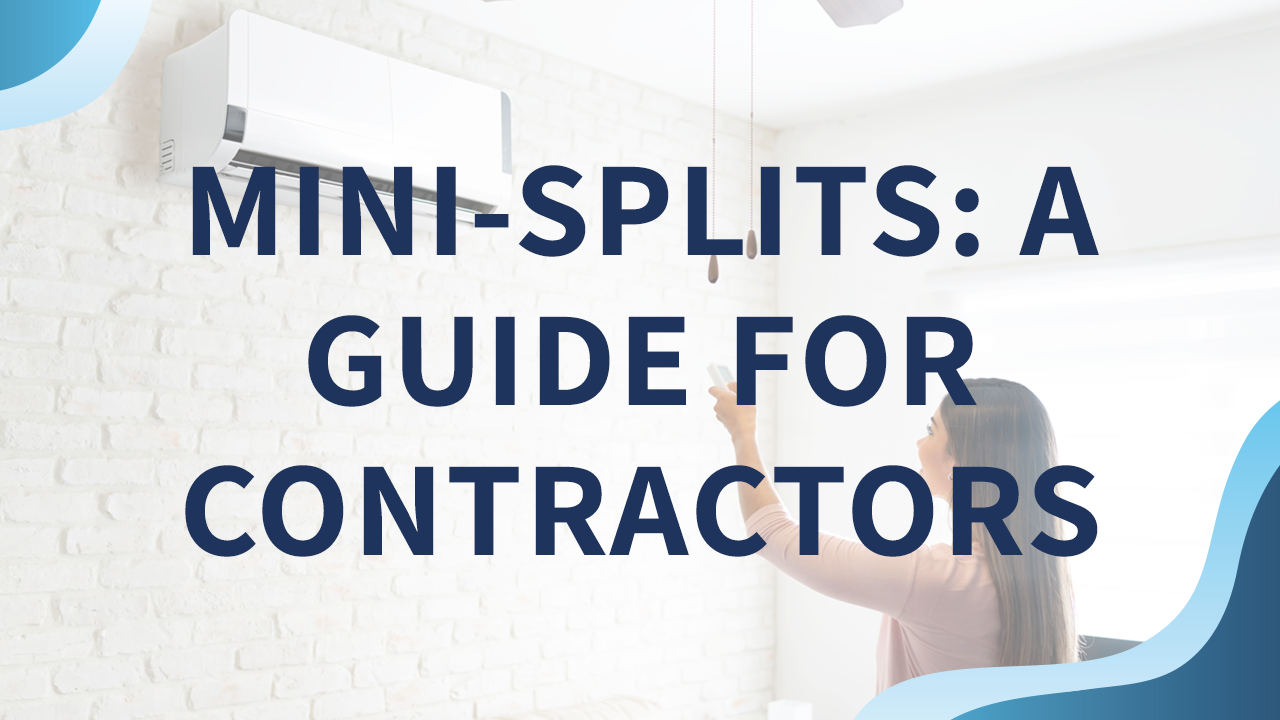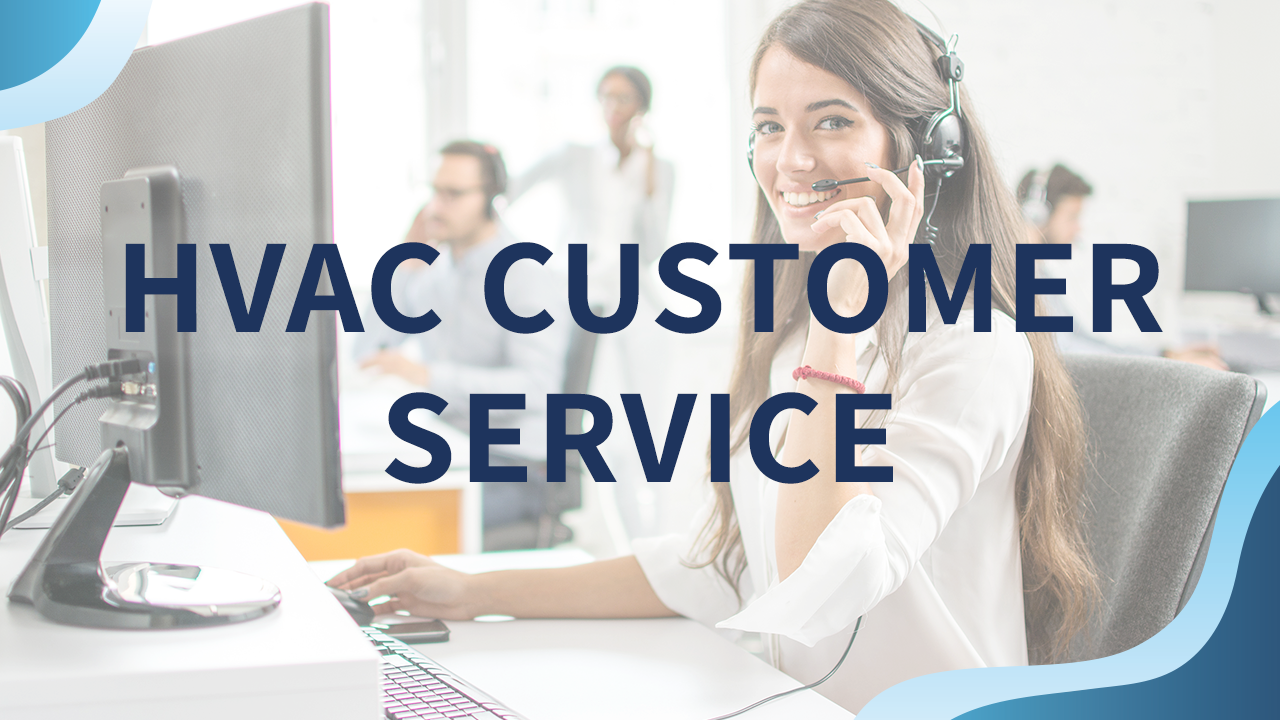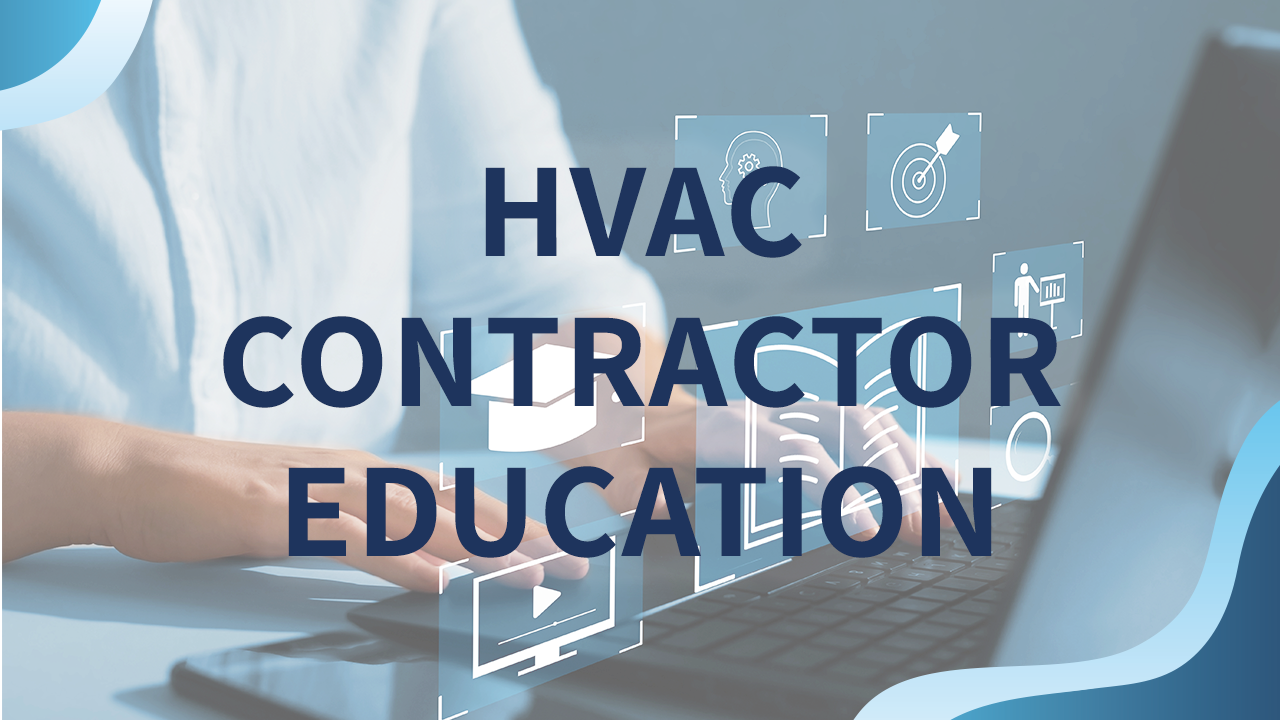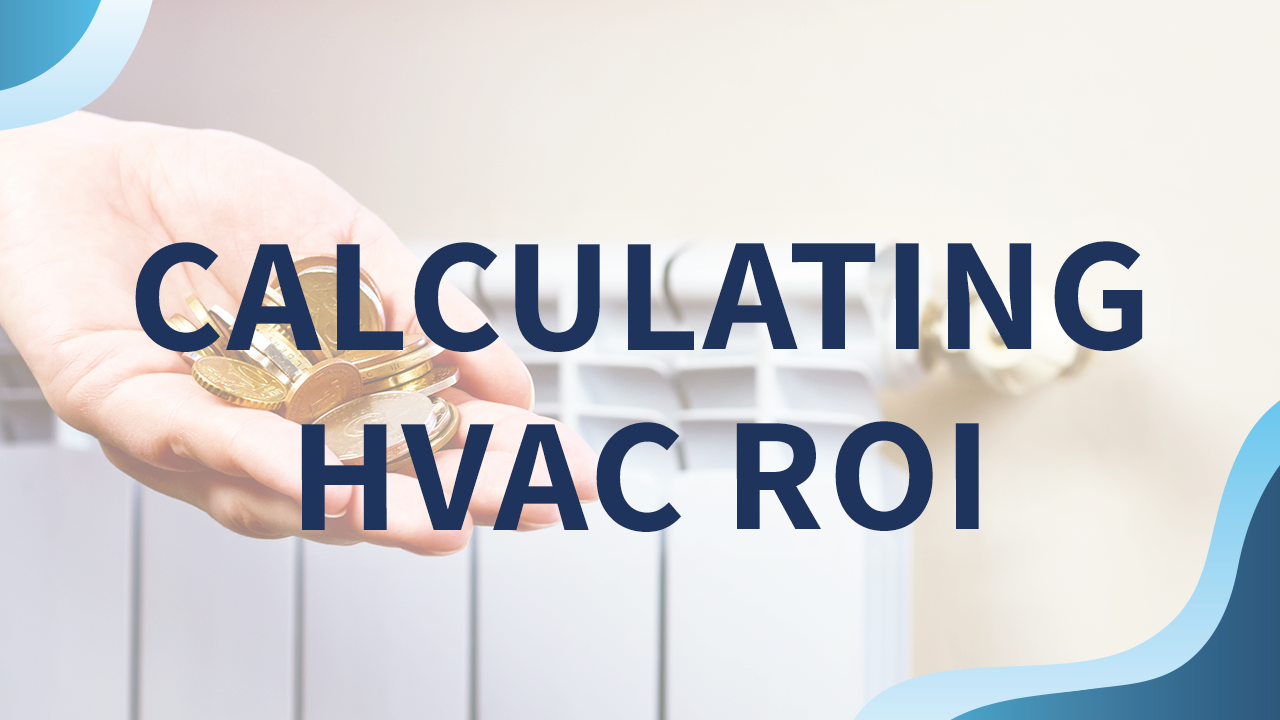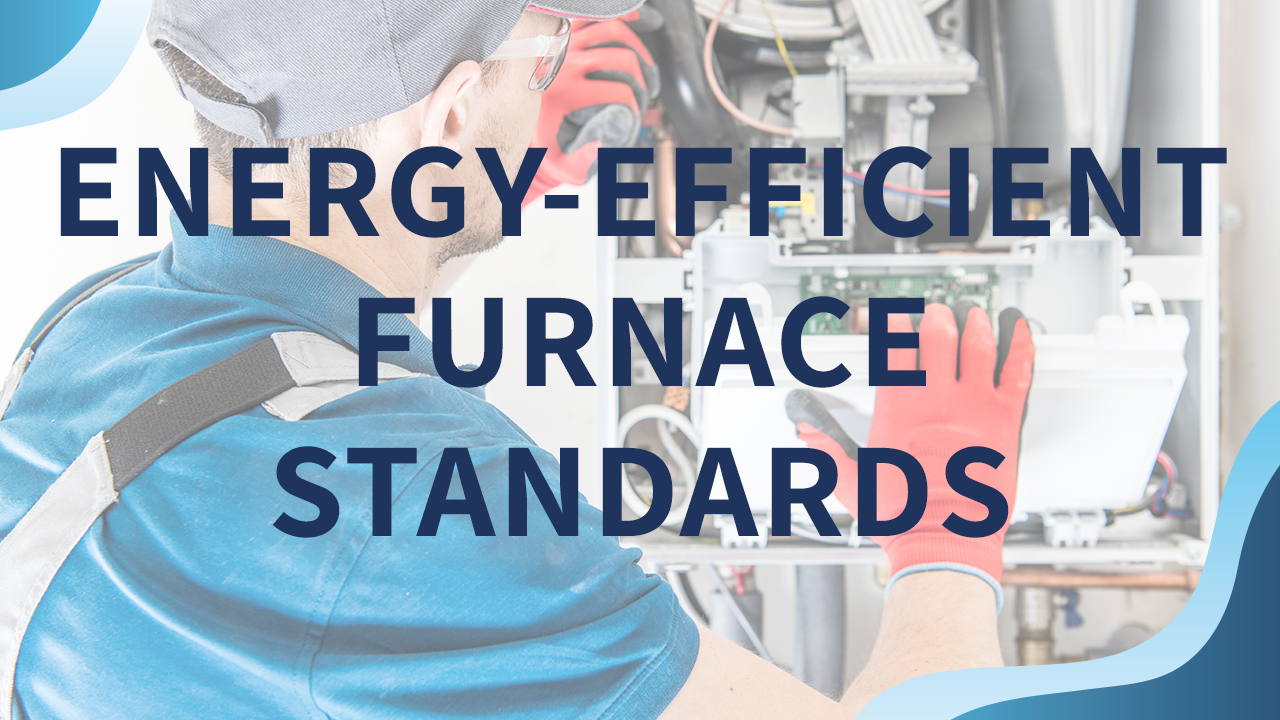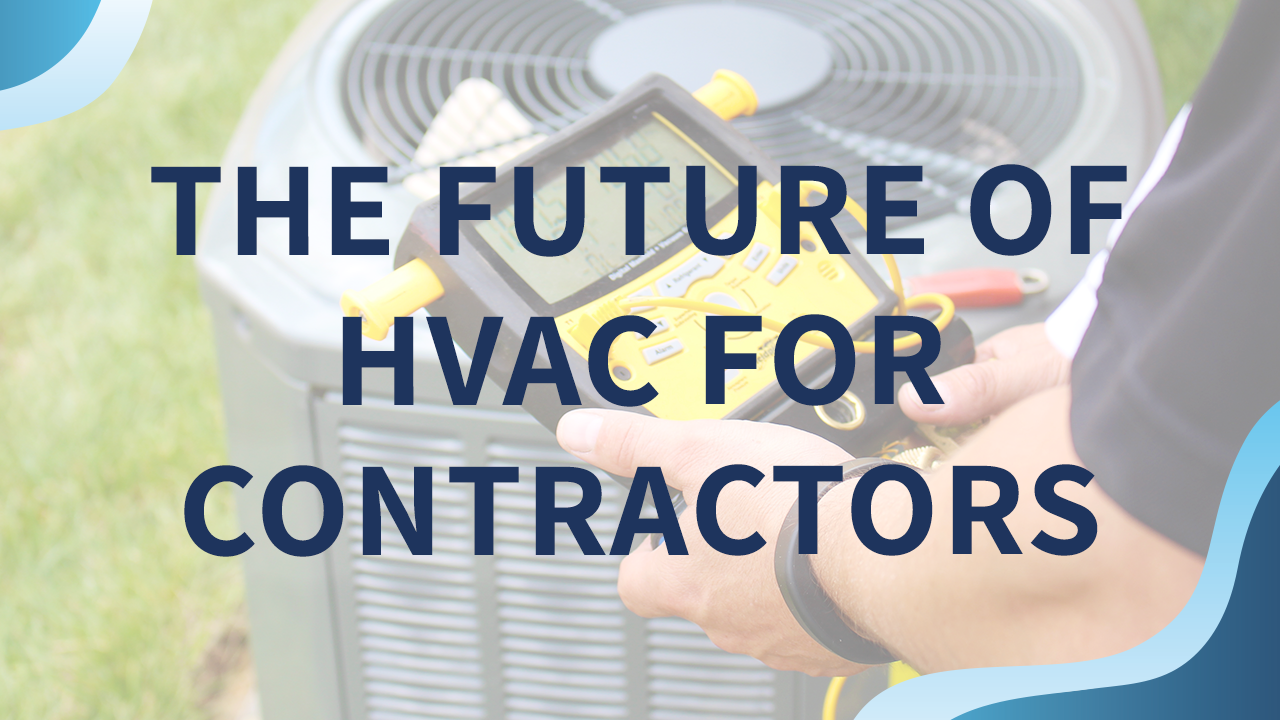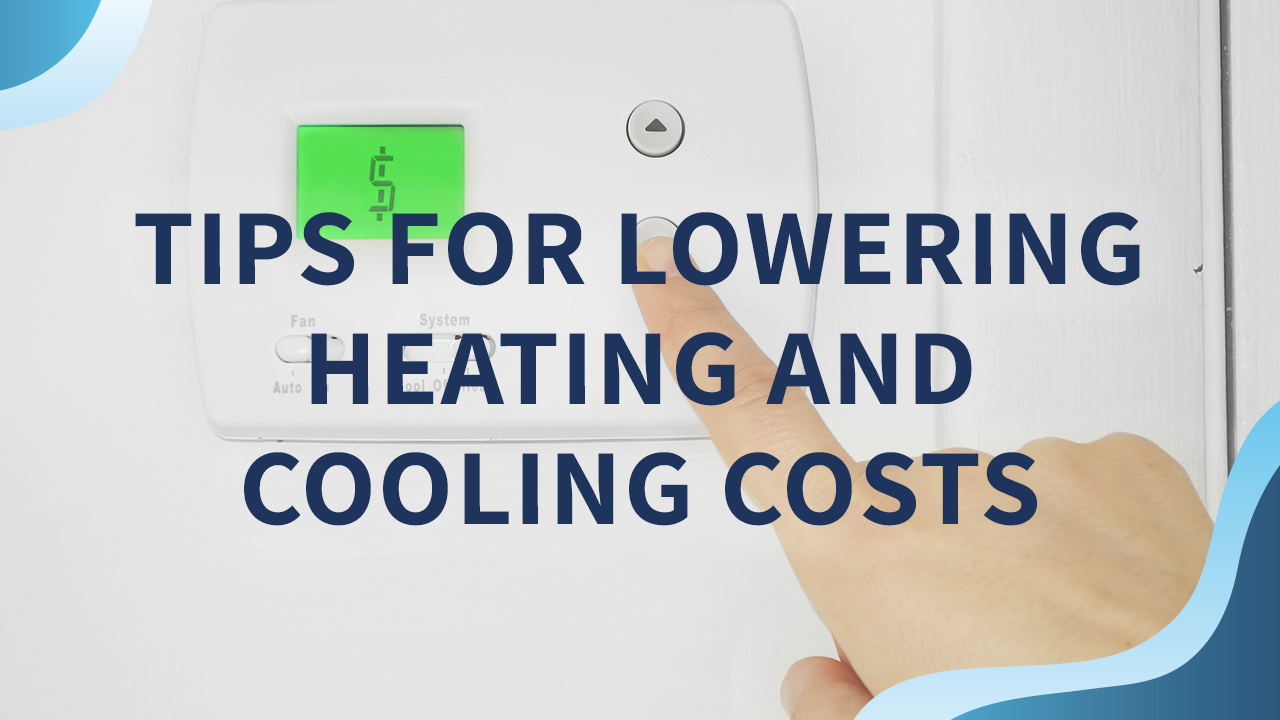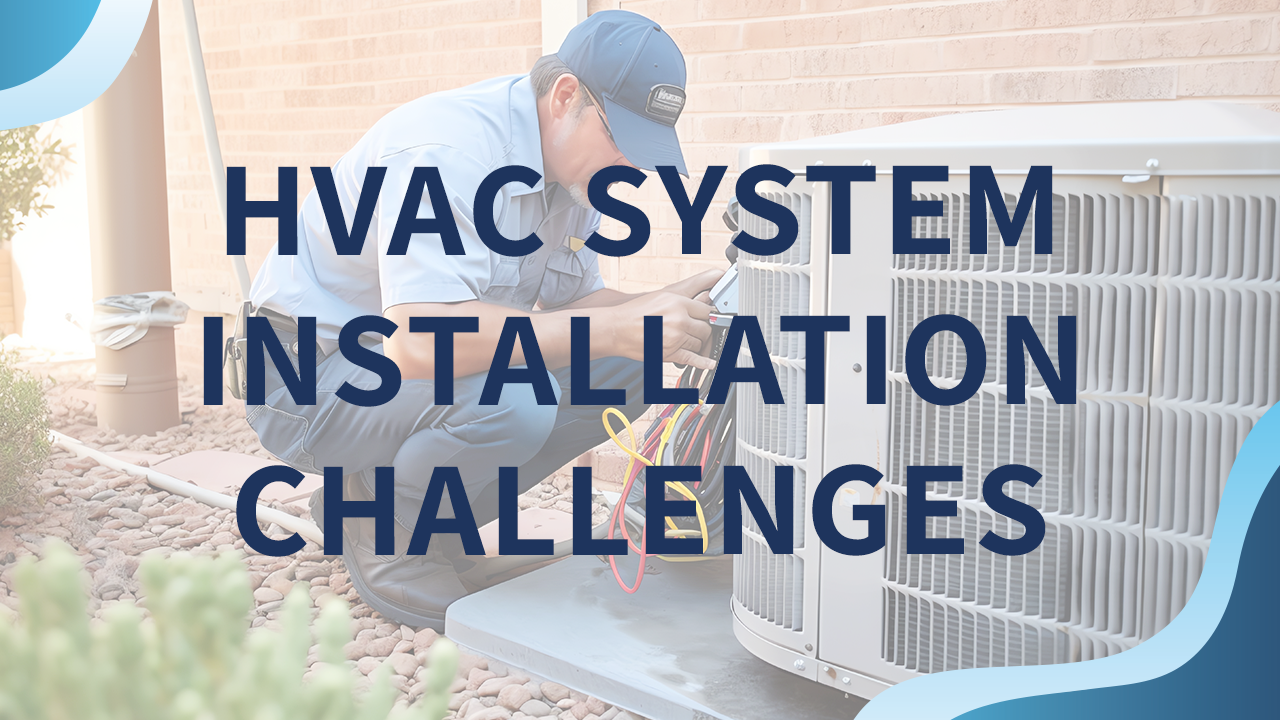One quarantine weekend evening in March, not long after returning from a leadership conference, Matthew Sallee had an interesting thought.
What if he could find a way to both engage local restaurants – many of which were furloughing or even laying off staff… and connect them to hospitals – where cafeterias were closed and healthcare professionals were working long hours, often without much or anything to eat?
Then an idea came – create a non-profit fund which would be driven by voluntary employee contributions. The fund would then be used to order food from local restaurants in Denver, CO and Binghamton, NY providing more work for their employees – and in some cases bringing back employees from furlough. The food would be delivered to various ICUs around Denver and Binghamton – our US office locations – to support the local healthcare workers dealing with the COVID outbreak.
Two months and 2,000+ meals and 5,000+ cups of coffee later – in both Denver, CO and Binghamton, NY – we catch up with Matthew to ask him some questions about the program, how it came to be, what’s been done, and what the future looks like.
In this piece we interview Matthew Sallee, Vice President of Multifamily and Commercial Sales, at Motili.


Where did the inspiration for MotiliCares come from?
Matthew:
It really came from seeing similar programs being set up both in Denver and around the US, and a desire to provide a double benefit and help. My wife and I are both food addicts, we love all the different restaurants in Denver, and really saw that industry is suffering a lot with COVID and the lockdowns. A lot of our favorite places were shut down.
At the same time, we have family and friends in the medical profession and they were telling us stories about how the cafeterias in some hospitals were shut down and they were working long shifts and not eating.
We felt the tremendous stress this pandemic was putting on the community and saw an opportunity to help. I was talking with my wife about it one weekend and she said, “You know what, you’re passionate about it – do it! It’s not that hard to get started, just make a website and a logo, just go for it and see what you can do.” And that’s how DenCares (later MotiliCares) was formed.
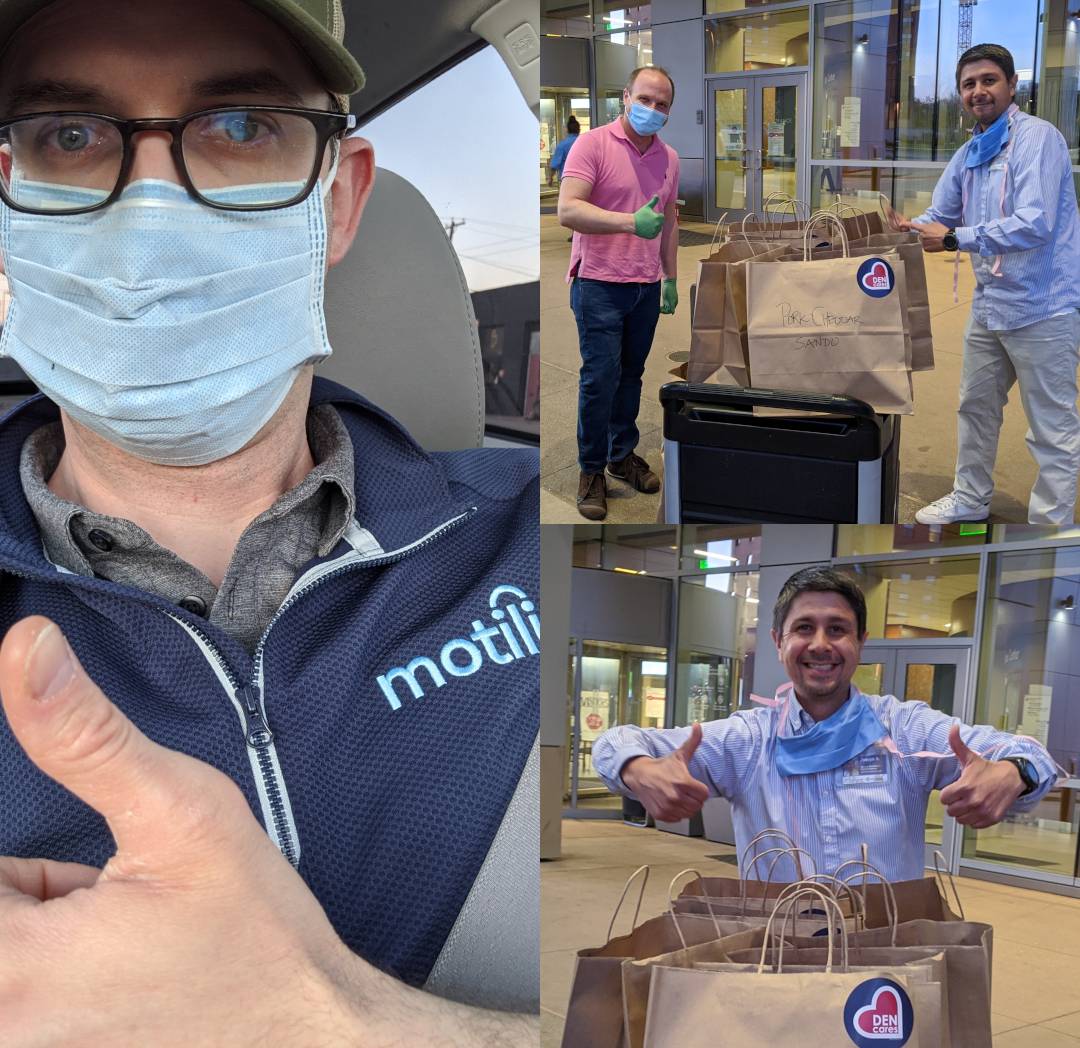

How has the program been funded?
Matthew:
Originally, my idea was to do community outreach and solicit community donations with the long term goal of having the fund buy directly from the restaurants and then those orders going directly to frontline workers straight from the restaurant.
The long term vision was to create a self sustaining machine.
What actually happened was that Motili employees stepped up and supported it so much that it was almost entirely funded the first week by the donations of Motili staff – with a company match.
We had some Motili friends and family and associates also participate.
We also wound up getting some of the restaurants that have their own social networks solicit donations directly for the restaurants and donating themselves.
Primarily it was funded through Motili staff, which was awesome to see.
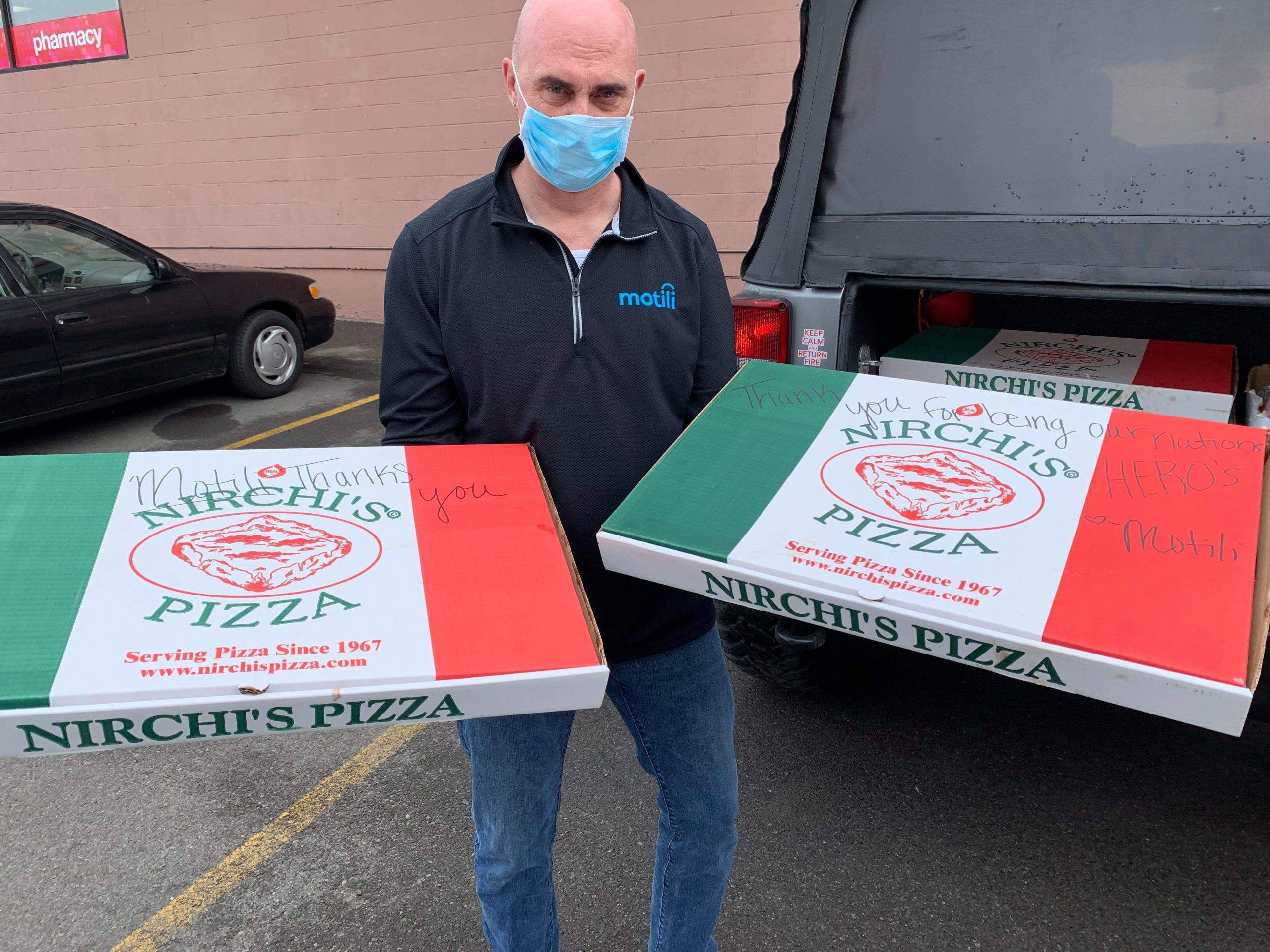

How were you able to engage people to participate in the program? Both on the employee side and the restaurant and hospital side?
Matthew:
We soft launched it internally, within the company, and we had employees offering to donate money the very first day. We had employees offering to drive food and pick up food and be the delivery drivers where they would go and follow CDC guidelines, pick up the order from the restaurant and take it to the hospital.
This was all happening both during the day at lunchtime – that’s one of the key shift changes, as well as in the evening hours, which became one of our most popular delivery times because the evening shifts are often the hardest – because both healthcare staff and cleaning crews are working these hours.
We were excited to support the often forgotten evening cleaning crews with those deliveries. These folks carry just as much risks as the doctors and nurses, but with less reward, so we felt that honoring them with some of these deliveries was the right thing to do.
Predominantly deliveries came through the restaurants, but the secondary thing was Motili employees were also providing the deliveries to hospitals and first responder areas like police and fire stations.
The employee participation element was really great to see, particularly because in New York and in Denver – these areas have been pretty hard hit.
All the people who drove those orders were particularly touched by the impact they were having. It’s hard not to see the need and feel the need when you’ve got people clapping and applauding you when you come up with food and are just so appreciative of the help and support. It’s really overwhelming.
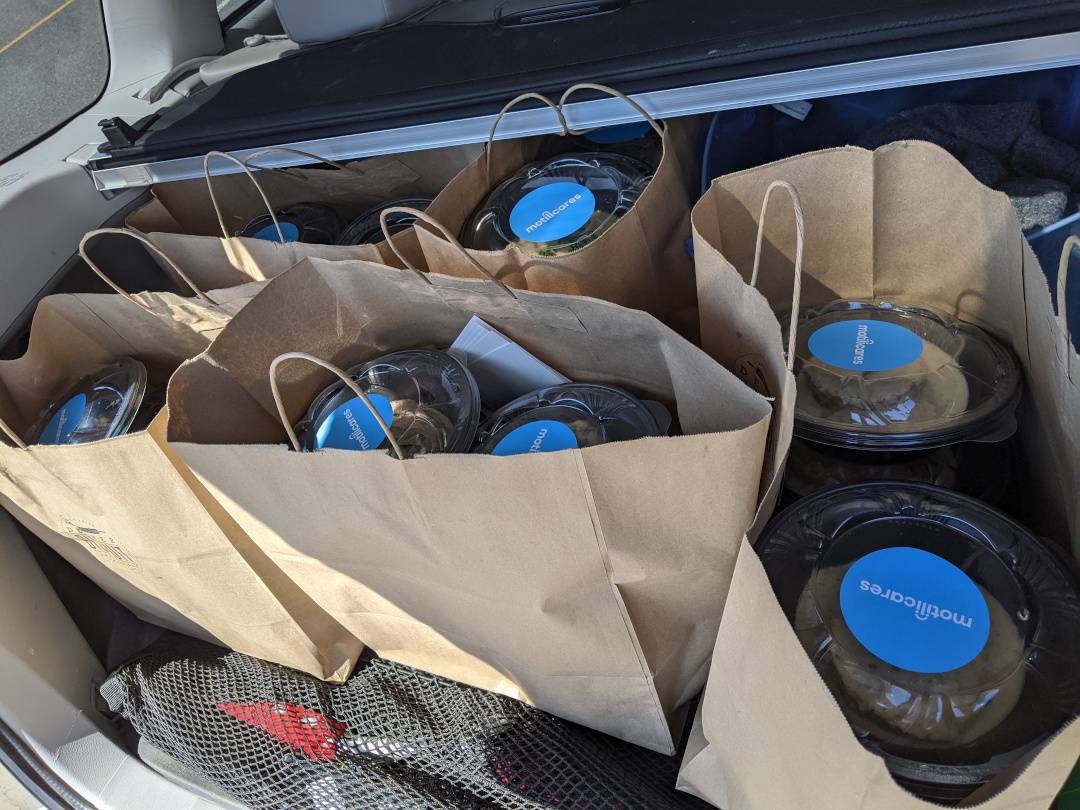

How did you pick the ICU’s and organizations you delivered the food to and how did you pick the restaurants?
Matthew:
We partnered with some of the larger hospitals here in Denver and the hospitals in Binghamton. Essentially, I just called the hospitals and said, “Hey, here’s what we’re doing and we’d like to bring you food. Can we do that?” And SCL, St. Joseph’s, National Jewish, Denver Health, and Rose Medical were the recipients here in Denver.
The approach was similar for the restaurants. Almost immediately I got a response from Pizzeria Locale, a local Denver pizza chain that also owns a couple of nice restaurants in the Denver and Boulder area. They jumped right on it and said, “Hey, we can run this program through one of our locations. And we’re right across the street from Denver Health and we’re right down the street from National Jewish. We can do these deliveries ourselves. We’d love to participate.” And immediately we were off to the races with one of those restaurants.
Same deal in Binghamton. It was as easy as a couple of phone calls to the hospital. They all said, “Yeah, we can absolutely use the help in the food.” They have a couple of requirements in terms of not being able to come into the hospital, which was fine, making sure that the food’s individually wrapped, which is also fine and just following safe, social distancing, and guidelines and things.
Overall it was pretty easy to identify the hospitals and restaurants. There’s only a few restaurants that were open and doing take out, at the time.
Some restaurants we called said, “I’m sorry, we’re closed. We’d love to participate, but we can’t.” And some of them said “This is new for all of us and we’ll just figure it out.”
Back in here in Denver, what is typically a nice date night restaurant ended up putting together box lunches and box dinners for us at a really reasonable price because they wanted to give back and they wanted to stay open. They felt compelled to participate with us. It was really cool to see that happen as well.
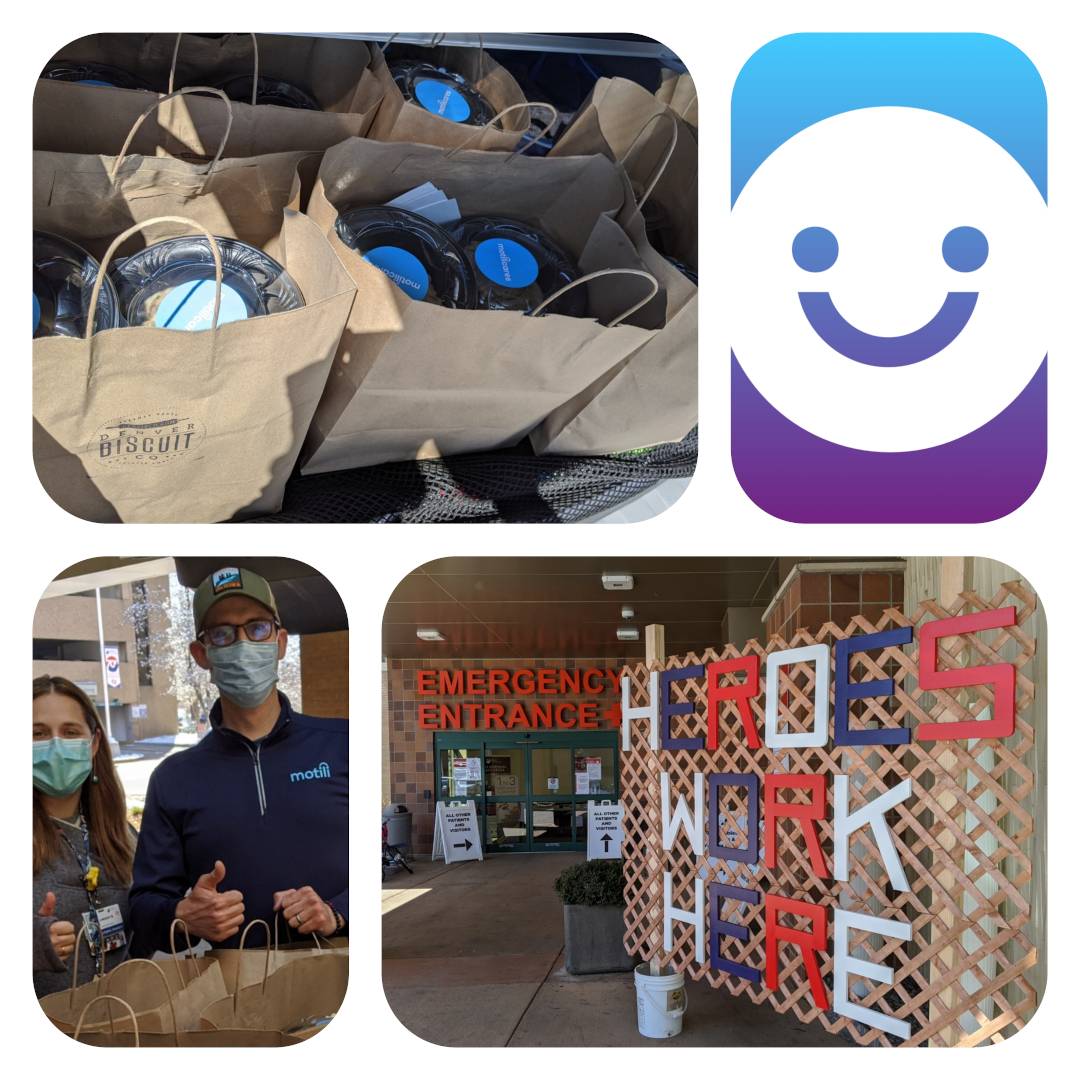

Why is this cause important to you?
Matthew:
I’ve always been… my wife tells me I’m an eternal optimist and I think that’s true.
For me this felt like it was a way to contribute something positive, and give some of my optimism back to the world, to create some positivity and carry us forward through the pandemic.
The first couple of weeks of lockdown in Denver were pretty intense, as everybody recognizes – I felt like we needed a break from all the doom and gloom, and this felt like a way to create that.
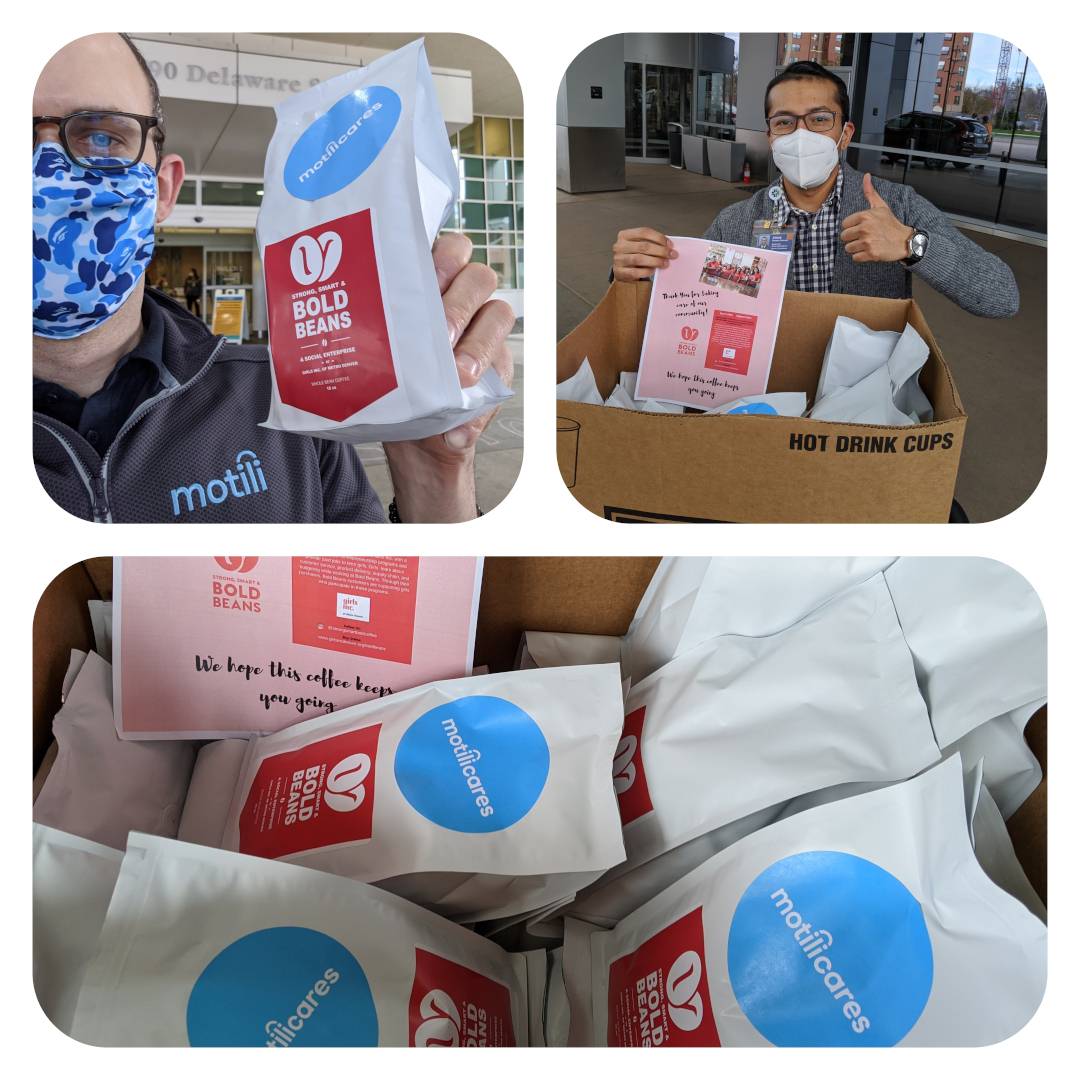

What has the feedback for this program been like?
Matthew:
It’s really been overwhelming. It’s been tremendously overwhelming.
I’ve received emails from some of the hospital cleaning crew and they’re just so appreciative, they are on the front lines and they felt good being recognized for helping.
I’ve walked into restaurants to pick up a five or six hundred dollar order and the employees applaud. It’s beautiful and it’s hard, emotionally.
The CEO of St. Joseph and National Jewish here in Denver called me personally to thank me.
One of the ICU doctors at Lord’s Hospital called me to thank me. He said they were heading into a really rough weekend in New York on a Friday. It meant the world to their staff to walk into a bunch of great pizza, wings and salads. It really set a positive mood for what was going to be a really hard weekend. And they were very appreciative of that gesture.
A few beautiful words:
“Our industry is full of committed care-takers that adapt to unusual schedules, work holidays and weekends while others aren’t, and manage the requests and needs of multiple people while remaining compassionate and dedicated to their job. Healthcare workers embrace the same responsibilities and compromises, but tenfold and with more risk but also tremendous reward. We are inspired by these heroes in our community and partnering with organizations like DenCares/Motili, we’re helping in the best way we know how.” – Allison Anderson, Director of Experience, Beckon
“Partnering with MotiliCares generates sales allowing us to give our teams additional hours of work while also supporting the brave front line workers. It’s a smart and creative way to support two groups at once and we are truly grateful”. – Chris Donato, Brand Manager, Pizzeria Locale
This has been running now for just over a month. What is the future of MotiliCares?
Matthew:
That’s a great question. We really see it as a program that’s going to pivot and transition with the times. In the six weeks or so this thing was running, we donated over 2,000 meals across almost a dozen hospitals and over 5,000 cups of coffee.
I feel we’ve made a tremendous impact in a really short amount of time. We’re looking at how to extend it across the broader organization that we work in, as well as looking at the future.
Here at Motili we’ve gone back to work in the office and so we feel like the program can transition along with that. We’ve had a lot of great employee suggestions to merge this program with our holiday giving campaigns, our breast cancer walks that we’ve done in the offices, as well as some of the Toys for Tots and Denver shelter initiatives we’ve done, Habitat for Humanity.
There’s million places we feel like are going to be great to deploy it. And, we feel like we’ve made a great impact here and we’re looking to see what the next great thing is.
This project was designed to be a temporary relief valve. As Denver starts to go back to work, and more places open – we’re finding less need for this exact program, but will continue thinking about other ways we can contribute.
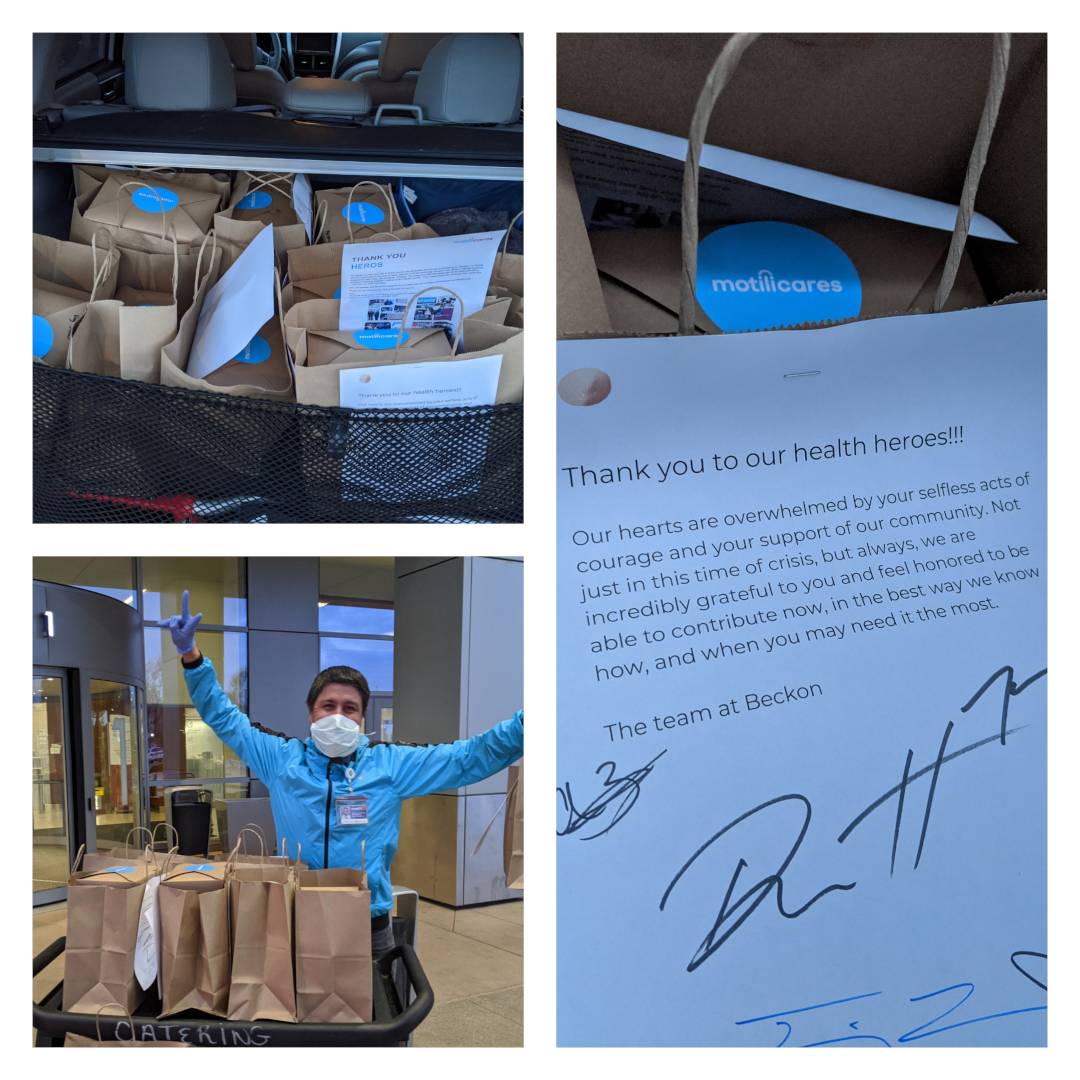

What would be your advice for somebody who has a good idea for doing something along these lines but just isn’t really sure how to get started? How did you go from ideation to getting this done?
Matthew:
It’s easier than you might think to make these things bigger than they really are.
Even a gesture as small as ordering $50 worth of sandwiches from a local sandwich shop that you love and calling a hospital and delivering it makes a difference.
Since putting this together I’ve seen other efforts pop up, both influenced by this and on their own – GoFundMe campaigns that are run amongst a tight group of family and friends or neighbors. They put in donations and say, “We’re going to support this friend’s pizza shop. And put in a big order for them to bring people back to work, and then we’re going to donate it to the police stations, or the fire stations, or the first responders, or the delivery guys or whatever.”
All these gestures mean something. We have neighbors on our street who have little hand sanitizer bottles and disposable masks sitting out for the delivery drivers that are running the neighborhood.
I would say just find what you can do, no matter how small and do it. It will help, it will make an impact and a better it will inspire others to do something small. And I think that combined effort is what’s going to pull us through this for the better.
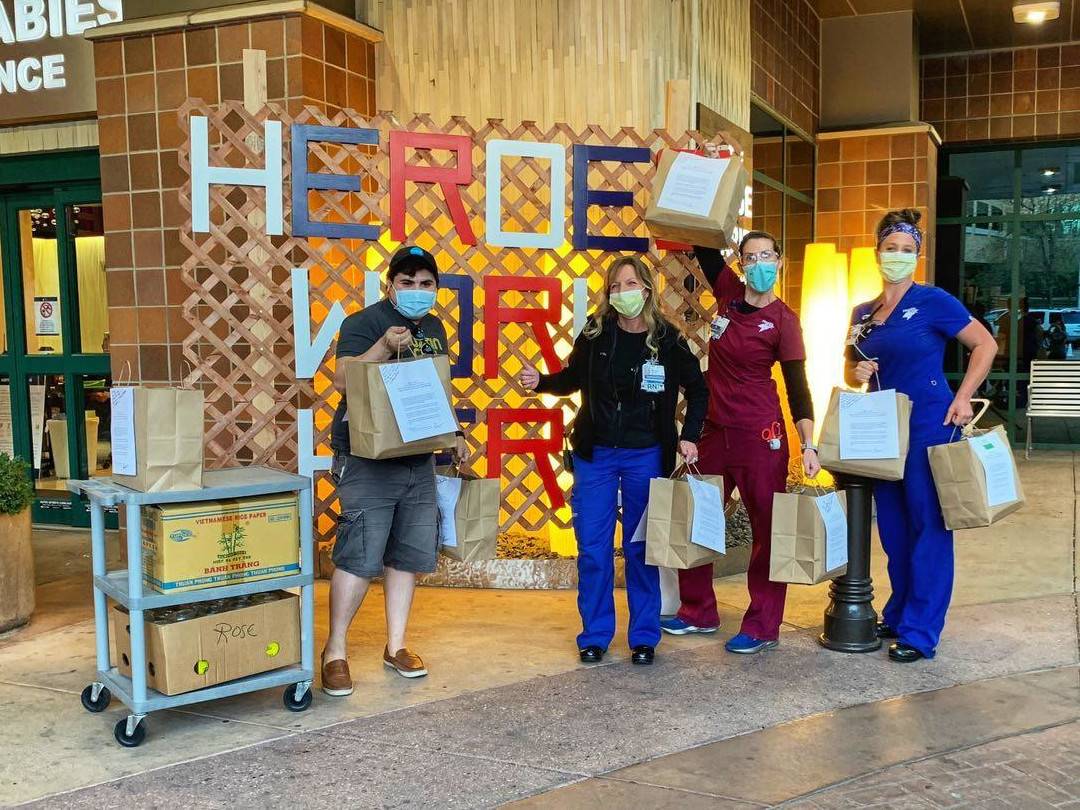

Last but not most certainly not least: this piece is dedicated to those to wake up every morning and strive to make a difference. Sometimes a small gesture can make a sizable difference in someone’s life. Anything is possible with enough energy and determination.
As well, a heartfelt thank you to the Motili community and employees without whom this program would have never been the same.

